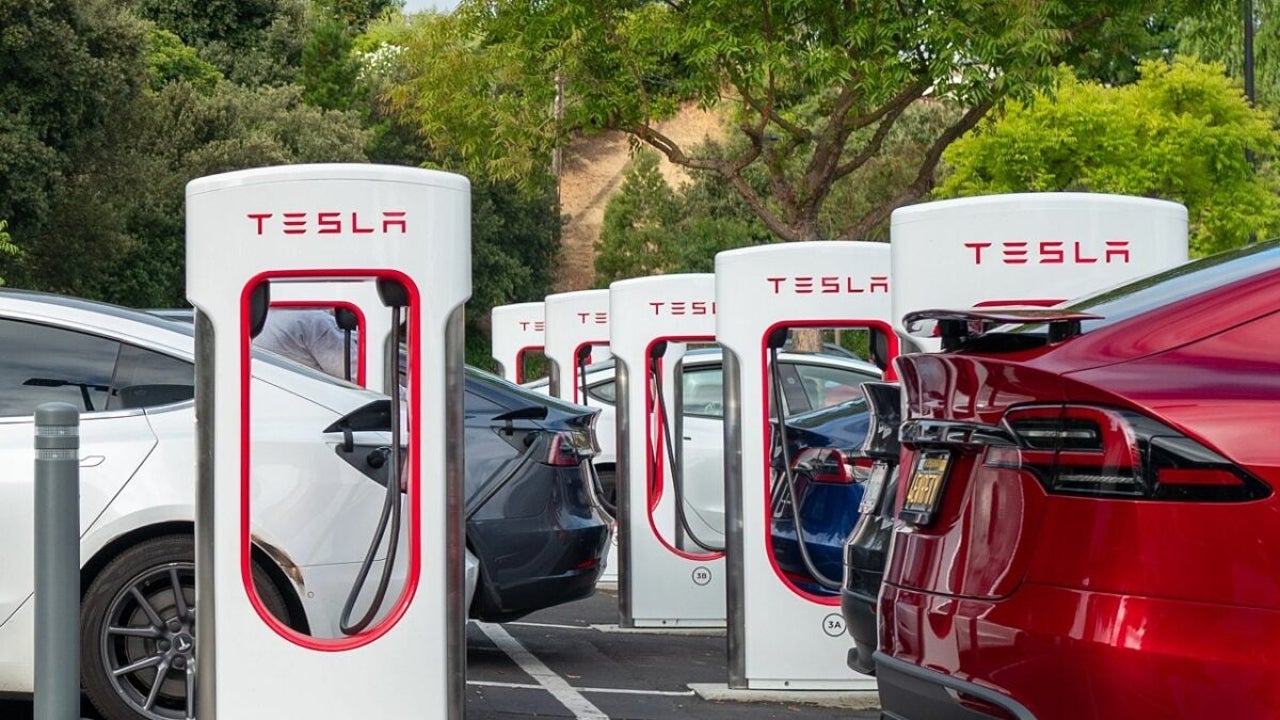Donald Trump closes 8,000 electric car charging stations in the U.S.
The Trump administration plans to deactivate electric vehicle chargers in federal buildings, which will affect 8,000 charging ports

- February 24, 2025
- Updated: February 24, 2025 at 1:40 PM
The Trump administration has made the decision to close electric vehicle (EV) chargers in all federal government buildings, a measure that will affect approximately 8,000 charging ports.
This decision is based on an internal communication from the General Services Administration (GSA), which argues that charging stations “are not critical to the mission.”
The GSA, responsible for the management of federal buildings and their chargers, is working on canceling contracts that allow the operation of these chargers, which will result in their total deactivation.
Trump wants to destroy the electric car
According to reports, the GSA also plans to sell the electric vehicles acquired during the Biden administration, although it has not yet been confirmed whether these will be sold or stored.
It is expected that the plans regarding this process will be officially announced during the course of next week. In an email sent to regional offices, the GSA indicates that, once the contracts are canceled, the chargers “will be turned off”, preventing their use for both government-owned vehicles and private vehicles.
Additionally, the Trump administration has completely removed the GSA’s fleet electrification webpage, which remained active during the previous administration. The decision to dismantle the charging infrastructure for electric vehicles is part of a broader context in which the approach to sustainability and the energy transition has faced significant challenges.
Recent changes are raising concerns among environmental advocates and electric vehicle enthusiasts, who believe that these decisions go against efforts to promote electric mobility. Meanwhile, organizations and citizens are wondering how this deactivation will affect public charging infrastructure and the progress of transportation electrification in the country.
Latest from Agencias
You may also like

NetEase puts the brakes on its investments outside of China, creating a major problem for the video game industry
Read more

Quentin Tarantino did not want Samuel L. Jackson for Reservoir Dogs
Read more
This movie about the election of a new Pope is the big surprise of the season
Read more

This Skyrim mod promises the impossible: a remake of all The Elder Scrolls IV: Oblivion
Read more

PS5 Pro is not meeting expectations, according to a prestigious analyst
Read more

Avowed receives its third patch, for which you will need to make space on the hard drive
Read more